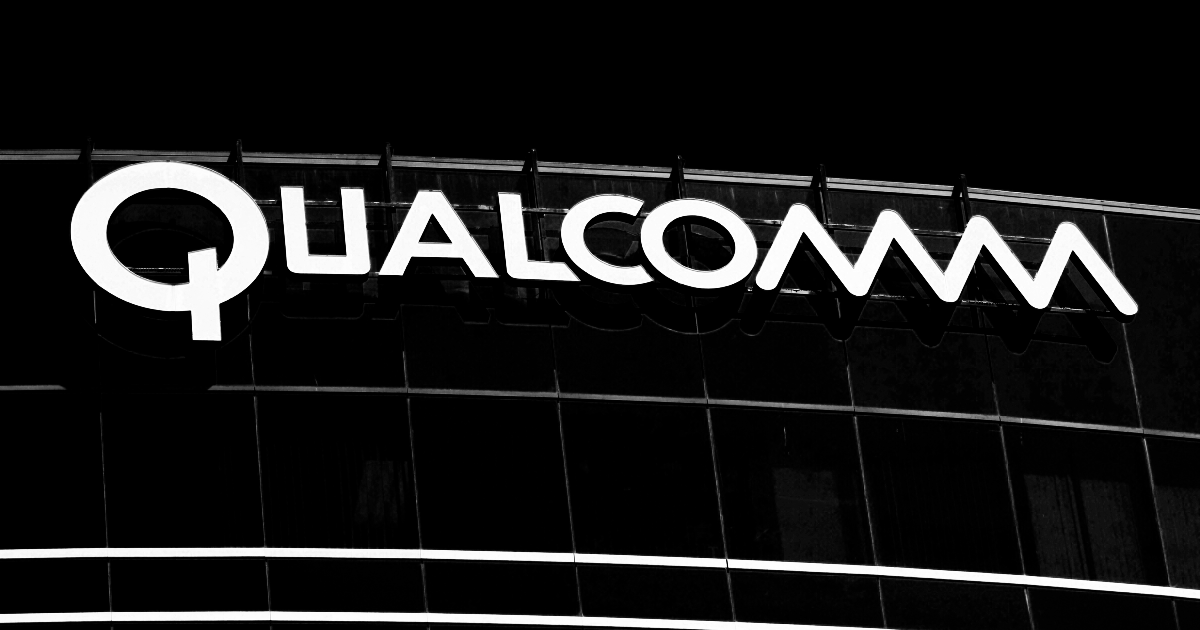Dropbox has finally released a beta that contains native support for the M1 chip, after a long delay in making such a move.
Apple Silicon
Key Apple Silicon Director Rejoins Intel
A key figure in the development of Apple Silicon, Jeff Wilcox, has left Cupertino and is returning to his previous employer, Intel.
Apple Silicon Native Version of OneDrive Syncing Client Now Available
Microsoft made a pre-release version of its OneDrive syncing client for macOS, designed to run natively for Apple silicon, available on Wednesday. This will no doubt come as welcome news to many users. Microsoft released a blog post explaining it, and MacRumors reported on the details.
The official support for M1 Macs should make the OneDrive Arm preview run faster on Apple’s latest machines, since the client will no longer need to go through Apple’s Rosetta 2 translation layer. OneDrive users need to be in the Office Insider program or Windows Insider program to use the Apple silicon preview version of OneDrive. Microsoft says it will be rolling out this feature to the Insiders ring over the next few days. To get the pre-release internal build, click the OneDrive icon in the menu bar and select Help & Settings -> Preferences, then click the About tab. Under “About Microsoft OneDrive,” select the checkbox to join the OneDrive Insiders preview, then under Pre-release builds, select Get Apple silicon build.
How To Create A Shutdown Shortcut On Your M1 Mac
Use this trick to create a shortcut to shut down your M1 MacBook Pro from Mac Geek Gab 900!
Connecting Multiple Monitors To Your M1 Mac
Learn how to connect multiple monitors to your M1 MacBook with this quick tip from Mac Geek Gab 900!
Find Display Link Products Here: https://www.synaptics.com/products/displaylink-graphics/displaylink-products
Qualcomm Sets Out Apple Silicon Competitor
Qualcomm is preparing for battle with Cupertino and its M-series chips. It laid out its competition to Apple Silicon for Windows device, which will launch in 2023, The Verge reported. Perhaps most interesting of all is the fact that those working on this project used to work for Apple.
Dr. James Thompson, Qualcomm’s chief technology officer, announced the plans for the new chips at the company’s 2021 investor day event, with the goal of getting samples to hardware customers in about nine months ahead of product launches with the new chip in 2023. The new chip will be designed by the Nuvia team, which Qualcomm had bought earlier this year in a massive $1.4 billion acquisition. Nuvia, notably, was founded in 2019 by a trio of former Apple employees who had previously worked on the company’s A-series chips.
Earnings and Dropbox Support – TMO Daily Observations 2021-11-01
Bryan Chaffin and Charlotte Henry join host Kelly Guimont to discuss Apple’s latest earnings and native Apple Silicon support for Dropbox.
Dropbox CEO on M1: 'We're Certainly Supporting Apple Silicon', Release Set for Next Year
Dropbox’s CEO has looked to clarify where his firm stands on native support for the M1 chip, saying a build will be released in 2022.
Native Dropbox Support For M1 Macs Doesn't Seem to be Happening
[Update November 1, 2021: Dropbox CEO Drew Houston has said that his company is working on a native M1 build. It plans to release it in the first half of 2022. Original post below]
–
It looks likes users with M1 Macs shouldn’t expect native support from Dropbox any time soon. MacRumors reported on a long-running support thread discussing the issue of Apple Silicon.
An official Dropbox support thread, shared by Mitchell Hashimoto on Twitter, reveals a fiasco around native support for Apple silicon Macs. Dropbox is seemingly insisting that a significant number of community members will have to vote for native Apple silicon support for it to be implemented. There are also multiple repetitious requests with different phrasing, fragmenting users’ votes for support. In July, responses from Dropbox staff on the thread explained that “this idea is going to need a bit more support before we share your suggestion with our team,” and flagged Apple silicon support as in need of more votes. A month ago, Dropbox staff again replied to the thread requesting native Apple silicon support, saying that Dropbox will continue to be compatible with all devices that run supported versions of macOS using Apple’s Rosetta translation layer. Additional complaints in the thread claim that Dropbox with Rosetta hemorrhages MacBook battery life and uses a disproportionate amount of memory.
The M1 Pro Vs. M1 Max Chip
Apple recently unleashed TWO new chips with their new MacBook Pros. Watch this mini-segment from Mac Geek Gab 896 to learn more about the M1 Pro and M1 Max Chip.
![Dropbox Releases Beta Offering Native M1 Support [Updated]](png/workfeatured-dropbox.png)


